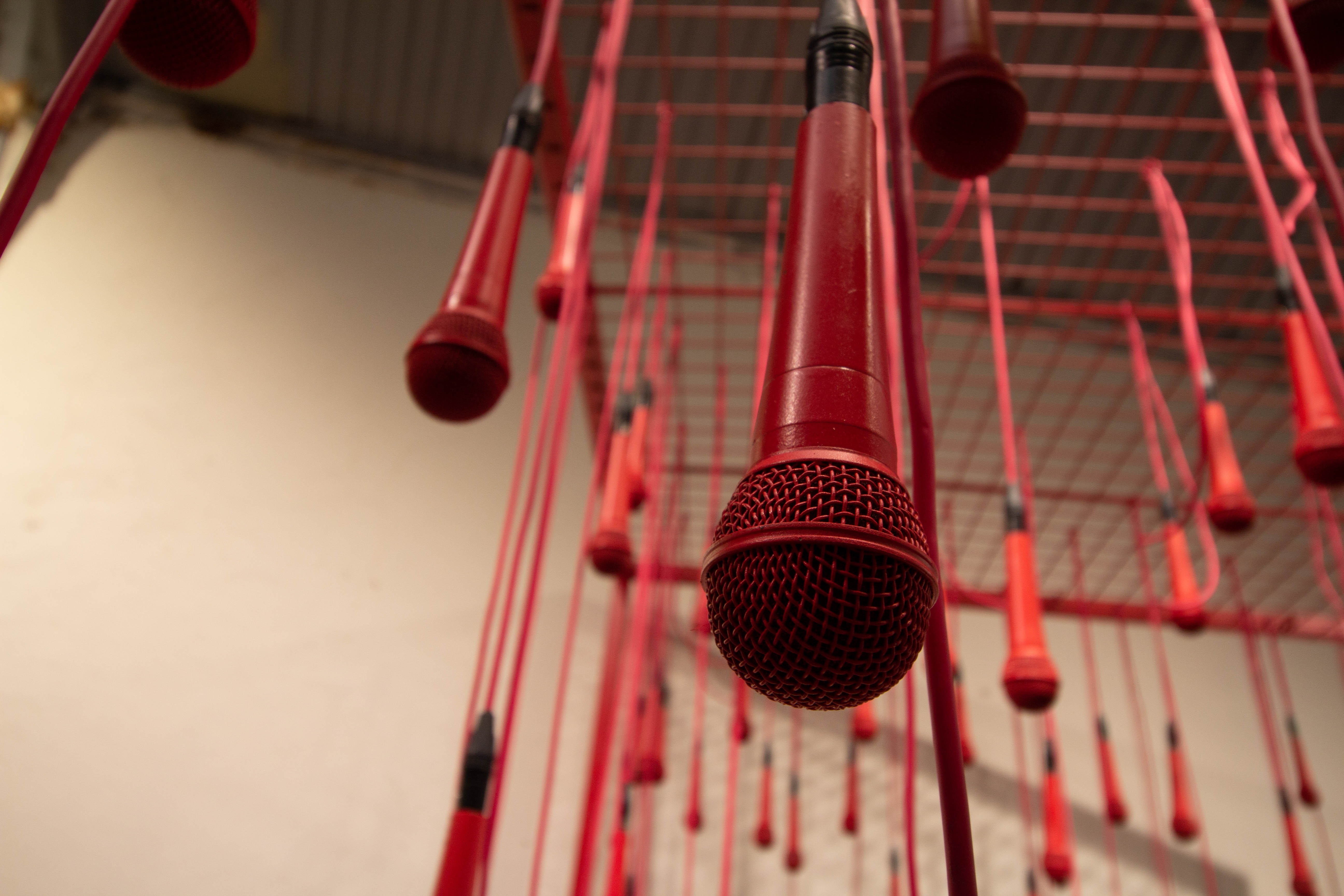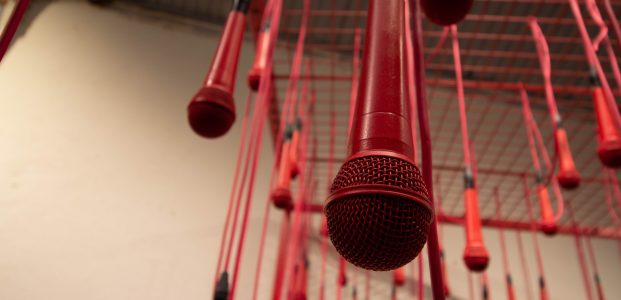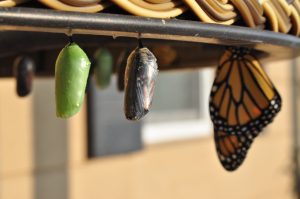1. What is the first things that comes to mind when reading the sentence ‘The Playful Voices of Academia’?
The first thing that comes to mind is another question: what *is* a playful voice? What is the actual sound of a playful voice?
The second thing that comes to mind is that a playful voice is one of curious questions rather than clear cut answers. It’s a voice that invites open discussion and exploration without enforcing a specific agenda.
A playful voice might also be considered a foolish voice, the voice of a fool, someone who will say what is otherwise not said, thereby challenging established thinking and insisting on the possibility of change.
2. Why should we play as adults? and what does play do for us as humans?
I’m cautious to say “we” *should* play. I try not to impose play on anyone (though I often fail), as play ought always to be a voluntary act. If we force people to play, it’s hardly play.
With that said, I believe play is valuable for adults and all humans because it allows us to *be* human. It reminds us of all the things we have in common and it inspires us to be present and sincere in our engagement with each other.
3. How is play possible in a serious context like academia? And if we can not force play, are there then degrees of play that can be put into teaching or educational programmes?
Play is possible anywhere, but it requires courage and dedication. To embrace play as an adult is already to step out of the safety of conformity and to suggest that we can let loose, and engage in activities that may be considered silly – or worse – by our colleagues.
If we move beyond the general stigma of play for adults, play is possible whenever people have enough freedom to pursue and venture into the unknown without knowing the destination. In my mind, all teaching and any educational activity must provide a space for such open-ended approaches, and play is a great way to open up any topic.
4. How can play and playfulness contribute to the academic world? and in your opinion, are the academic world ready to play?
I usually refrain from talking about how useful play is or how it can contribute in specific ways, since that line of thinking easily leads to simplification and instrumentalization of play. If play can contribute to academia – and I feel confident it can – it needs to happen at a deeper level, transforming academia into a place where people play to make sense of the world.
The academic world is already playing, of course, and a great number of scientific achievements are outcomes, side effects, even, of play. Neoliberalism runs counter to this, insisting that everything must follow market logics, have measurable outcomes and be profitable in the short term. With neoliberal austerity, these open spaces for experiments and play have been increasingly reduced for decades, making academia less and less ready to play. It’s time to choose a different trajectory!
5. What would YOU like to ask or read more about in relation to play, playfulness & academia (max 280 characters including spaces)?
I’m quite interested in shifting from asking “what do we get out of play” to “how do we get into play”. I would like to see more perspectives on play from across academic disciplines, not for the sake of specific outcomes, but simply for the sake of playing academically. I think there is no better way to understand any discipline than to understand how people within that discipline play. What does play look like to a chemist? A philosopher? A literature scholar? A computer scientist? An archaeologist?
 Denmark, CounterPlay / Design School Kolding
Denmark, CounterPlay / Design School Kolding
I’m a self-proclaimed play activist who believe that we, the people of the play community, can change the world for the better. I work at Design for Play, Design School Kolding, and have founded CounterPlay and the Danish Play Think Tank.
Follow his playful work on:
Counterplay.org
Connect with him on:
Mathias Poulsen
or keep the playful conversation going with him on twitter:







